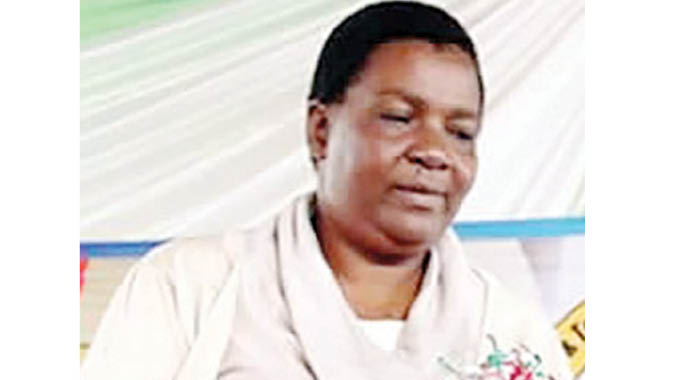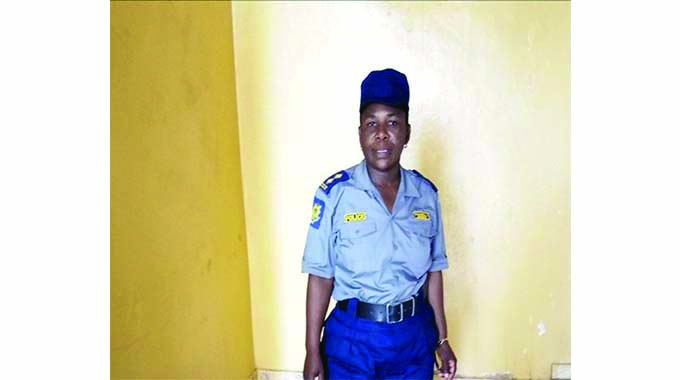Govt to train more indigenous languages and science teachers

Lumbidzani Dima, Chronicle Reporter
GOVERNMENT is set to train more indigenous languages and science teachers under its Teacher Capacity Development programme.
Zimbabwe has 16 official languages and the training of more teachers in local languages reverses a trend whereby Shona and Ndebele were mostly taught in schools.
Government has since crafted principles of the Languages Bill which seek to safeguard the country’s 16 official languages in fulfilment of Section 6 of the Constitution meant to promote multilingualism.
The principles of the Languages Bill were adopted last year.
The proposed law champions the need for the promotion of multilingualism, respect of language rights and linguistic preference as fundamental to the process of nationalism, development of augmentative and alternative communication systems for people with impediments that inhibit communication.
The 16 official languages in Zimbabwe are Chewa, Chibarwe, English, Kalanga, Koisan, Nambya, Ndau, Ndebele, Shangani, Shona, sign language, Sotho, Tonga, Tswana, Venda, and Xhosa.
Programmes in seven of the languages which are Nambya, Tonga, Shangani, Venda, Kalanga, Xhosa and Sesotho will be offered at Great Zimbabwe University for the 2022 uptake.
In a statement, Primary and Secondary Education Permanent Secretary Mrs Tumisang Thabela said eligible candidates should have teaching qualifications and experience.
“To be eligible for admission, a candidate must be a holder of a diploma in education and have a background in any of the languages offered,” she said.
“The member applying at GZU should have served for at least two years, should not have any pending misconduct cases, and they should be 55 years and below.
The member should not be on any other programme, whether self-sponsored or scholarship.
Those who have benefited from the first and second phases of the Teacher Capacity Development are not eligible.”
Mrs Thabela said the Education Ministry may give special consideration to those who do not meet some of the needed requirements, but are eligible for the programmes.
She said dropping out along the way, will lead to the candidate paying back what has been paid for their studies.
“Interested candidates should be prepared to be bonded for a period equivalent to their period of study.
Those who would drop out during the period of the programme would be required to pay back whatever would have been paid towards his or her studies,” said Mrs Thabela.
The deadline for applications is February 10.
“Applications should be submitted to the Provincial education offices by no later than 10 February 2022 for onward submission to Head Office to the Director Training and Performance Appraisal on or before February 20,” read the statement.
There are other programmes on offer such as Bachelors of Education in Physics, Chemistry, Mathematics, Biology, Building Technology, Information Communication Technology, Agricultural Studies at various state universities.
Science programmes are being offered at National University of Science and Technology and Bindura University of Science Education.
Agriculture programmes are being offered at Lupane State University while ICT programmes are being offered at Midlands State University.
The University of Zimbabwe is offering a Bachelor of Education in Building Technology while the Zimbabwe Open University is offering a post graduate diploma in education.
Interested candidates may access the application form and bonding agreement form from the Education Ministry’s website, www.mopse.co.zw or visit their districts or provincial offices.












Comments